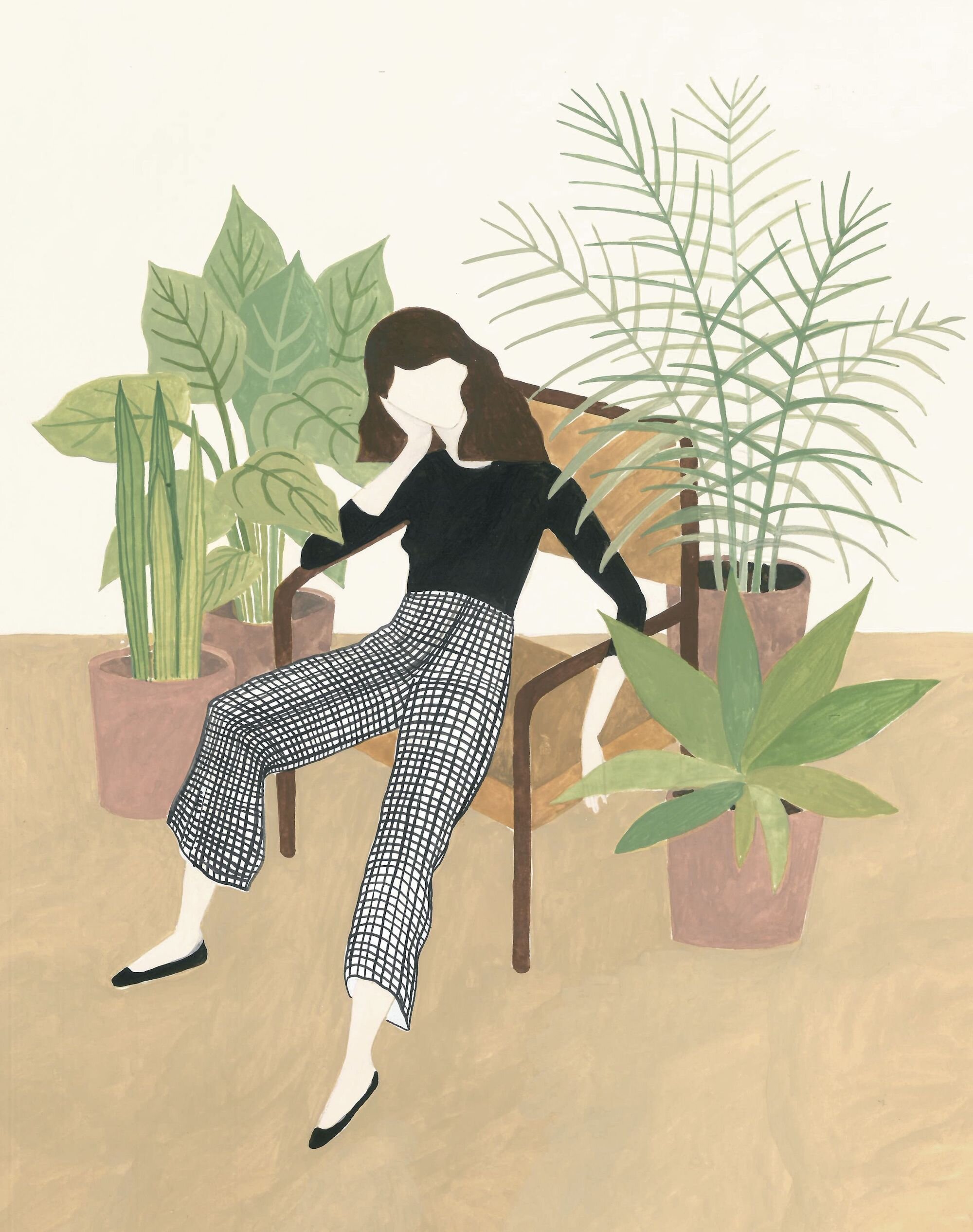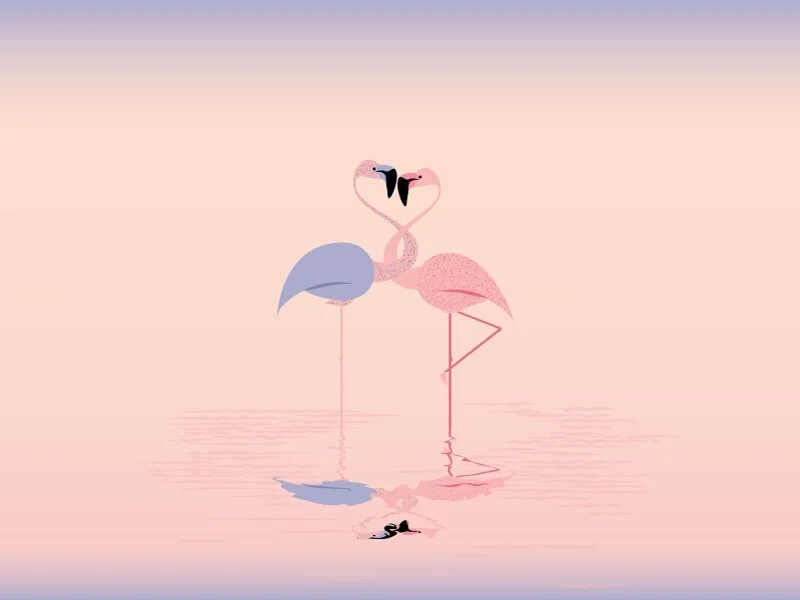Her Story: Sisterhood That Transcends
Her Story: Sisterhood That Transcends
Writer: Thomasina R. Legend
CopyE ditOR: Summer Crosbie MA
PhotographER: Dagmar Van Weeghel
Models: Lish Jecinta, Binqui and Penda
In this commemoration of Modern Muses, I could not miss the opportunity to celebrate the beautiful work of Photographer Dagmar Van Weeghel, whose work celebrates women, specifically African women, with powerful stories of survival and strength. Van Weeghel’s skill is in capturing, portraying and visually narrating the difficult experiences her subjects have faced; her work transcends the ordinary and is a thing of magnificent beauty.
Her primary focus on migration and identity is critical to understanding the commonality of every woman's unique journey. Exquisite portraits bring to life the subject's true essence whilst simultaneously exuding the raw emotion and pain of the individual's struggle. The images, which showcase journeys through epic but difficult terrains, serve as homage to the collective experience and act as a tribute to the strength, resilience, perseverance and determination of each woman portrayed.
Van Weeghel, who creates a sacred space of sisterhood where her subjects are free to share personal stories without fear of judgement or condemnation, is gifted at removing any barriers, which might impede or limit the building of strong relationships with those she photographs.
The stories are delivered through a simple yet labyrinthine communication, which permeates the barriers of commonly held foreign stereotypes of women of colour.
Van Weeghel states, “I tell stories that advocate for the strength of people, especially for women and girls. I desire to offer another perspective of the way people see the world, and each other, through the stories I tell visually. Most of my works are coauthored by the portrayed. I work with real people who often deal with feelings of isolation and the questions of identity. I ask them to express their own stories- in past and present. Stories of peace, self-reliance, and perseverance. My goal is to construct a narrative that not only relates to the person I am photographing, but also relates to my personal life. I often place my identity along with the people I portray in order to bridge cultural gaps and to promote the profound personal connection I have with the people I work with”.
Mombasa Blues is an on-going series about Lish, the beautiful, Kenyan model who moved to the Netherlands a few years ago. The ‘About Lish’ series is very important and dear to both Lish and Dagmar because it communicates real experiences and contains various other bodies of work that detail the model’s journey.
‘YELEMA’, the Mandika word for "change" or "transformation sees, Van Weeghel paying tribute to the "sister bond." The themes of sisterhood, love, migration and identity are all readily explored in the captivating soft tonal images presented. "The images Van Weeghel creates are meta-narratives, mediating through the traumas of social history, in an attempt to bring awareness and, ultimately, social change."
Eight years ago, two young Mandinka sisters, Binqui and Penda relocated from Guinea Conakry to Europe. Due to difficult circumstances, they lived in Africa mostly separated from each other. In Europe they were reunited, however, they faced personal challenges that left them by themselves. This portrait series is a tribute to their sister bond and boldly highlights themes aligned with sisterhood. The young sisters find solace in themselves as they deal with issues of abandonment, isolation and cultural assimilation. The women portrayed turn to what they know, cultural practices of their native land and their love for one another. This series uses the European seaside to reference their native home where they lived by the sea, referencing treacherous bodies of water that many Africans must cross to arrive in new lands. The Dutch identity of the artist is interwoven in the visual narrative in homage to Dutch Painter, Anton Mauve. This is a real story by non-models and is co-authored by the sisters. © Dagmar Van Weeghel





























By Emma Witter & Will Bunce